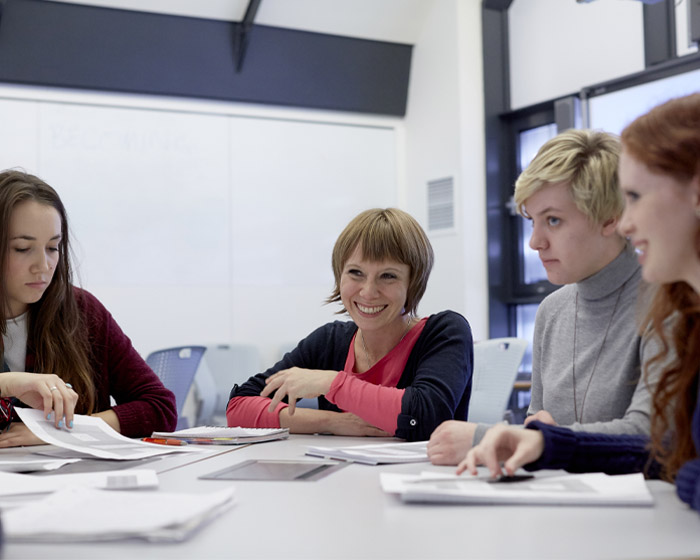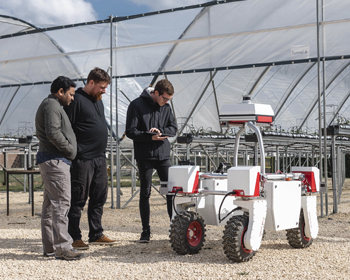/prod01/university-of-lincoln-cdn-pxl/media/responsive2017/research/newresearch/Food,Crisis,banner1,1600X600.jpg )
Research Spotlight
Tackling the Global Food Crisis
Learning Lessons from the Past
There is more food being produced globally than ever before and yet many people around the world still face malnutrition. Events such as the Covid-19 pandemic and Russia’s invasion of Ukraine have exposed significant vulnerabilities in the global food supply system, accelerating the need for innovative approaches to long-term food security.
To tackle global food crises and help secure the future of food, the Food and Agriculture Organisation of the United Nations (FAO) and the Brussels Institute for Advanced Studies (BrIAS) have established an international collaboration drawing on expertise from around the world to address issues of hunger and food security.
An academic from the University of Lincoln is among the international academic specialists contributing to this effort. Dr Matthew Hannaford, Senior Lecturer in Human Geography, was invited to Brussels to present his research at the international workshop jointly hosted by FAO and BrIAS entitled ‘Re-imagining agri-food system transformations: Enlarging and enriching time horizons’.
In an original approach, focus will be directed towards lessons from history to evaluate the successes and failures of previous interventions under certain societal and agricultural conditions. This knowledge can inform the work of foresight planners in building scenarios toward food sustainability amidst uncertainty.
Historians have long been writing about food insecurity and many have concluded that the majority of food crises in recent centuries have been largely human made. Yet it is rare that deep historical knowledge of past interventions in food systems informs foresight planning to help avoid repeating the mistakes and injustices of the past.

Dr Matthew Hannaford
Senior Lecturer in Human Geography
Accessing Food
Dr Hannaford explains that while food production output already surpasses nutritional requirements and is continuing to rise, population growth, diet changes, environmental degradation, natural resource scarcity, military conflicts, and climate change could threaten people’s access to food in many parts of the world.
"After a period of great optimism, food crises are once again on the rise," he says. "Indeed, in many countries progress on the Sustainable Development Goal of Zero Hunger, is deteriorating.
“We can begin to remedy problems by bringing historians and foresight planners together in the same room, which is what BrIAS facilitated. We aim to build on momentum through collective participation in the UN Food Systems Stocktaking Moment in Rome. This new global collaboration has broadened Lincoln’s renowned strengths in technological innovation in food production into the social sciences and humanities.”
Two pilot projects are planned to take place in Bangladesh and Malawi where teams combining academic and non-academic specialisms will work to make local historical information widely accessible and ensure their preservation.
Through delving into archives and amplifying local voices, strategies can be devised with an emphasis on co-production to find effective ways forward.

Meet the Expert
Dr Hannaford's research sits at the interface of environmental history, historical climatology, and climate change adaptation, and has a particular focus on social engagement with climate in the past.


